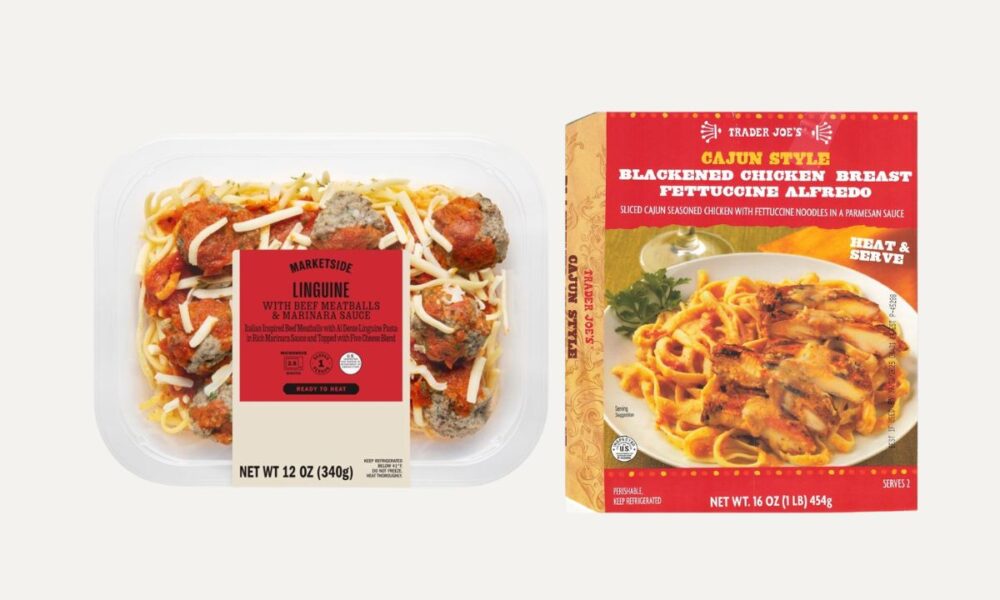A Listeria outbreak linked to recalled ready-to-eat pasta meals sold at Walmart, Trader Joe’s, and Kroger has resulted in four deaths and 19 hospitalizations across 15 states, the Centers for Disease Control and Prevention (CDC) reported on Friday.
The outbreak involves contaminated pasta products, including “Marketside Linguine With Beef Meatballs & Marinara Sauce” sold at Walmart in 12-ounce trays with “best if used by” dates of September 22, 24, 25, 29, 30, and October 1, 2025.
Also affected is “Trader Joe’s Cajun Style Blackened Chicken Breast Fettuccine Alfredo” with “best if used by” dates of September 20, 24, and 27, 2025.
The latest recall is an expansion of a previous recall issued on June 17, concerning chicken fettuccine Alfredo meals manufactured by FreshRealm and sold nationwide at Kroger and Walmart under the Marketside and Home Chef brands.
The CDC reported 20 cases of listeriosis, with Texas logging three, California, Louisiana, and Michigan each reporting two, and single cases in Florida, Illinois, Indiana, Minnesota, Missouri, Nevada, North Carolina, Ohio, South Carolina, Utah, and Virginia. The agency noted that the true number of cases may be higher, as the outbreak may extend beyond these states. The most recent illness was reported on September 11.
Listeria, a bacterium causing about 1,250 infections and 172 deaths annually in the U.S., poses severe risks to people over 65, pregnant women, newborns, and those with weakened immune systems. Invasive listeriosis, where the infection spreads beyond the gut, can cause symptoms such as fever, muscle aches, fatigue, headache, stiff neck, confusion, loss of balance, and convulsions. For pregnant women, even mild infections can lead to pregnancy loss, premature birth, or serious illness in newborns. Symptoms typically appear within two weeks of consuming contaminated food but may emerge as early as the same day or as late as 10 weeks after.
The CDC and the USDA’s Food Safety and Inspection Service (FSIS) warn that, although the recalled products are no longer on store shelves, they may still be in consumers’ refrigerators or freezers. Consumers are urged to discard or return these items to the place of purchase and to thoroughly clean refrigerators, containers, and surfaces that may have come into contact with the products, as Listeria can survive refrigeration and spread to other foods.
The CDC advises those at higher risk who experience symptoms such as fever, muscle aches, or neurological issues after consuming the affected meals to contact a healthcare provider immediately. Additional details, including product identifiers, are available at the CDC’s food safety alert and FSIS public health notices.


